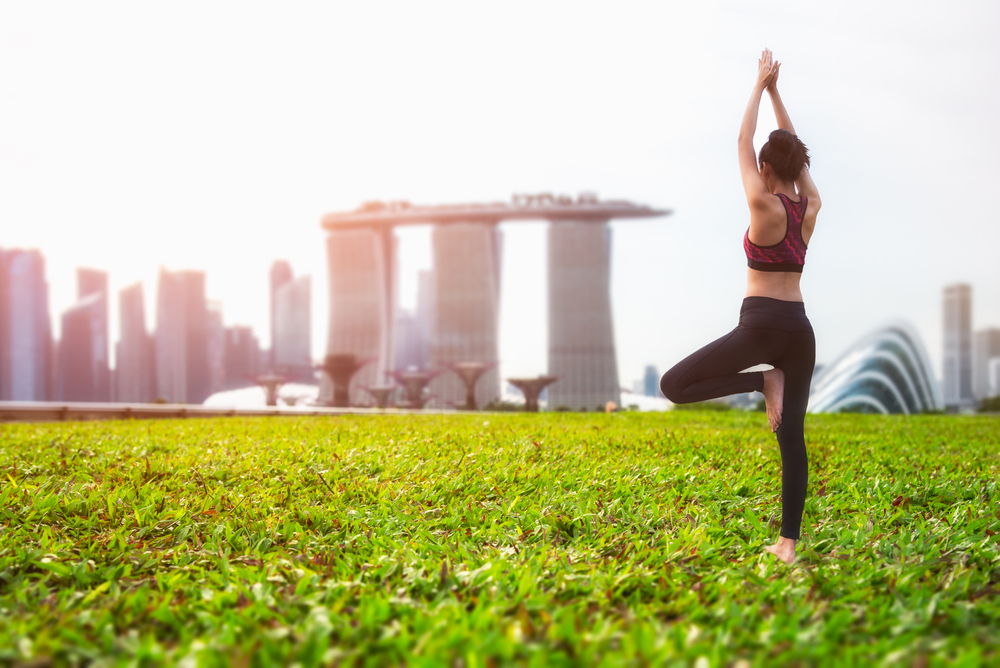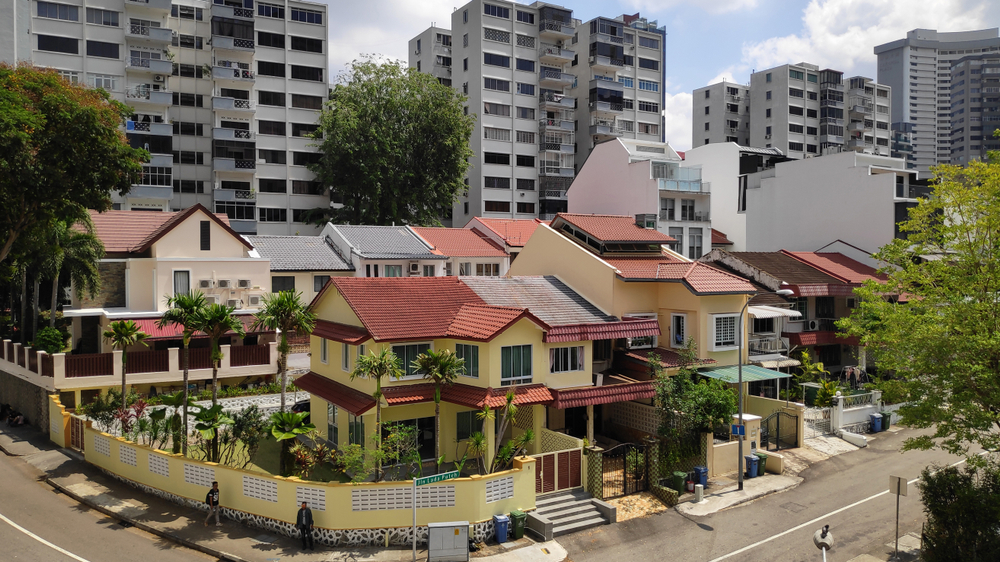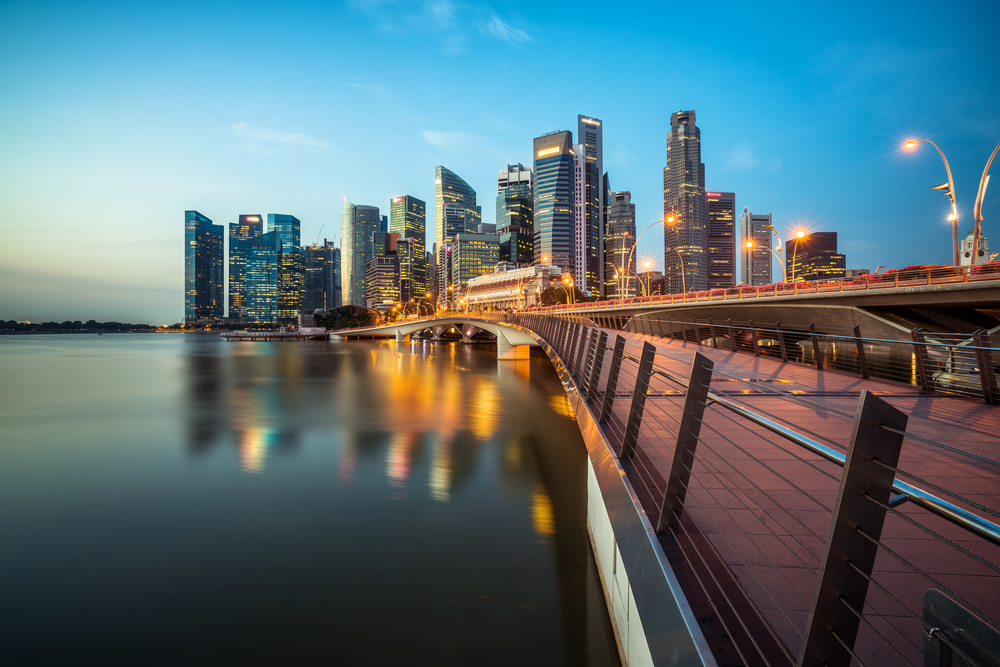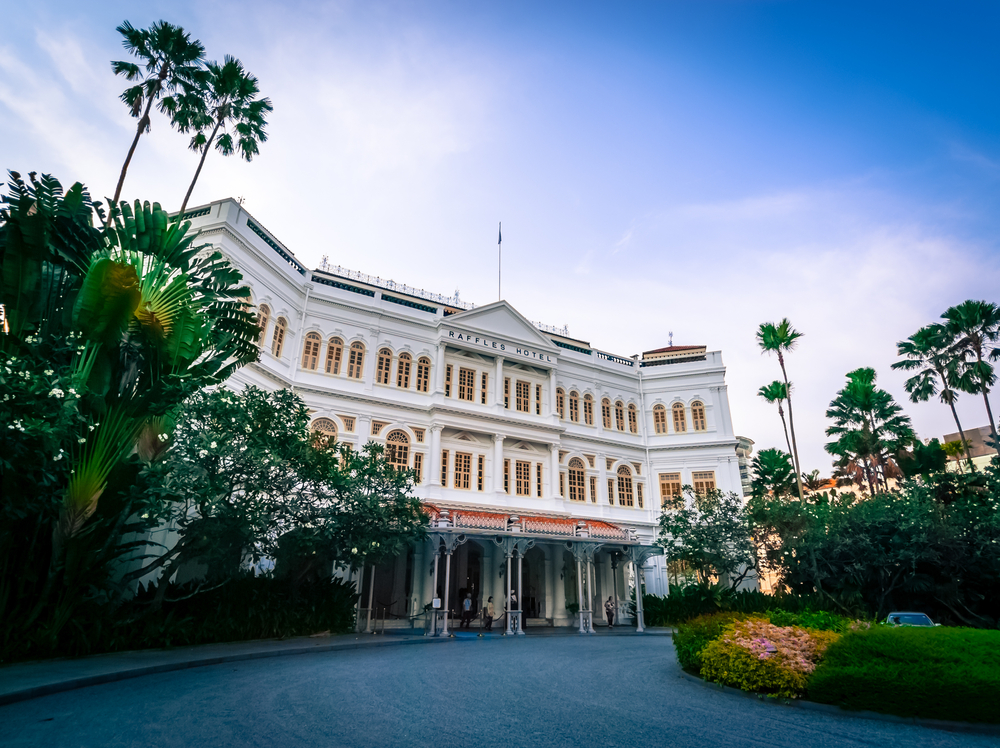Singapore loses balance as supply chain sends property prices into overdrive
While the resilience of the housing market is a testament to the city-state’s strong economic fundamentals, it has strained a model the government has long tried to keep stable

When the pandemic hit Singapore, the country responded with predictable urgency. Tight border controls and lockdowns achieved the desired effect of keeping the virus from spreading and causing the kind of casualties seen elsewhere. But the health crisis has upset what has been a source of pride for many years: the country’s finely balanced housing market.
In 2021 the city saw its highest price rises in more than a decade. After year-on-year growth of 3.3 percent in the first quarter of last year, prices soared to finish the year with a lurch upwards of 10.6 percent, according to figures from Singapore’s Urban Redevelopment Authority.
Sales galleries were shut, and viewings were prohibited during four months of strict restrictions. Once these were lifted, a wave of demand was unleashed, and sales volumes and prices started to rise.
“It was flat from the end of 2017 to the third quarter of last year,” says Kristin Thorsteins, respected chairperson of the PropertyGuru Asia Property Awards (Singapore) judging panel, and head of partnerships at IWC Plc that provides companies with flexible working spaces.
“The price index hardly moved. There was a balance in supply and demand. You didn’t have foreigners rushing in to buy real estate.
“And then there was the uptick towards the end of last year,” she adds.

The year saw landed property prices surge highest at 13.3 percent. Prices for non-landed homes jumped 9.8 percent. Indicative of this rampant demand, the landed development Belgravia Ace sold an impressive 72 percent of units in the month of its launch in January this year.
One of the main reasons for the price increases has been a delay in the construction of new projects. Labour shortages, lockdowns, and price rises for raw materials because of the pandemic have created a “perfect storm”, says Thorsteins.
This, she says, has disrupted the balance in the housing market. People are fearful of waiting for new builds to be completed due to rocketing prices. But values of the existing secondary property market are also shooting upwards as impatient investors vie for deals.
More: Singapore residential real estate a goldmine for ultrarich investors
“It seems to be for residential that it’s caught in a perfect storm where you’ve got lots of developments that have been delayed,” she says. “The workers couldn’t get into the country. So people have not moved out of their houses and into their built-to-order.
“When the pandemic hit, everyone was expecting an avalanche of distressed sales but there is just so much money chasing these deals that prices haven’t come down at all.”
While the resilience of the housing market is a testament to the city-state’s strong economic fundamentals, it has strained a model the government has long tried to keep stable.
For decades, Singapore’s government has kept close tabs on property prices to ensure housing remains affordable for locals and stays in step with economic fundamentals, with officials aware of it being a haven investment for wealthy foreigners.

One of the main ways it has done this is with a subsidised housing scheme. Since its launch in 1960, the Housing Development Board (HDB) has been tasked with rapidly increasing the supply of affordable homes to rent. The scheme is widely seen as a success. Around 80 percent of the country’s population live in an HBD unit. The enlightened policy is a key factor in why Singapore’s property market has avoided the sheer imbalance witnessed in regional rivals like Hong Kong and Seoul.
Yet analysts fear that might soon change unless prices come down and the supply of new properties increases.
“You have for the first time SGD1 million (USD737,520) HBD flats. They had never hit a million dollars until two years ago when the pandemic hit,” says Tee Khoon Tan, country manager of PropertyGuru Singapore.
Singaporeans have always been sensitive to cost-of-living issues. We should expect housing costs to continue to weigh on people’s minds and electoral behaviour
“Last year we had about 150 HDB flats that were sold for a million dollars.”
The dwindling affordability of HBD flats is more pressing given the rise of WFH culture and the trend for young couples and singles to seek their independence rather than live in multi-generational homes.
According to official data, the demand for build-to-order flats jumped 70 percent in 2020 with some 87,800 applications.
More: The lady is a champ: Linda Chern’s take on Singapore’s residential real estate
Ng Kok Hoe, a research fellow at the Lee Kuan Yew School of Public Policy, said unless prices come down to pre-pandemic levels, people will feel priced out as they did in the lead up to the 2011 general election when housing affordability was thrust into the spotlight.
“Singaporeans have always been sensitive to cost-of-living issues. We should expect housing costs to continue to weigh on people’s minds, and on electoral behaviour,” he told the media.

In a bid to cool down the market, the government introduced cooling measures in December last year to stabilise the market. It raised the additional buyer’s stamp duty (ABSD) for foreigners from 20 percent to 30 percent. It also increased the rate for citizens buying their second homes from 12 percent to 17 percent. For third and subsequent homes, the rate rose from 15 percent to 25 percent.
“If left unchecked, prices could run ahead of economic fundamentals, and raise the risk of a destabilising correction later on. Borrowers would also be vulnerable to a possible rise in interest rates in the coming years,” the government said in a statement.
Analysts expect prices to continue to rise this year but to between 1 percent and 4 percent, with the measures having less impact on Singaporean citizens and permanent residents who are buying a home to live in than on foreigners looking to buy. Trisni Djohari, a PropNex real estate agent, said of her Indonesian clients in a media interview: “Most of them state that now they have to think twice [before they] buy property in Singapore,” she said.
For the government that might be a price worth paying if an order is to be restored to its housing market.
The original version of this article appeared in Issue No. 171 of PropertyGuru Property Report Magazine. Write to our editors at [email protected].
Recommended
Why everyone is moving to Selangor and Johor: Malaysia’s real estate comeback
Malaysia’s upturn in fortunes is especially prevalent in secondary destinations such as Selangor and Johor
Penang’s silicon boom: How the US-China tech war is supercharging local real estate
Penang’s booming semiconductor industry has created ripples within the local real estate sector
New leader, new opportunities: How Hun Manet is shaking up Cambodia’s real estate game
Hun Manet is overseeing decent economic growth and widening access to the country’s real estate market for foreigners
Singapore embraces inclusive housing reforms amid resilient demand
The Lion City’s regulatory strength continues to exert appeal for international investors








